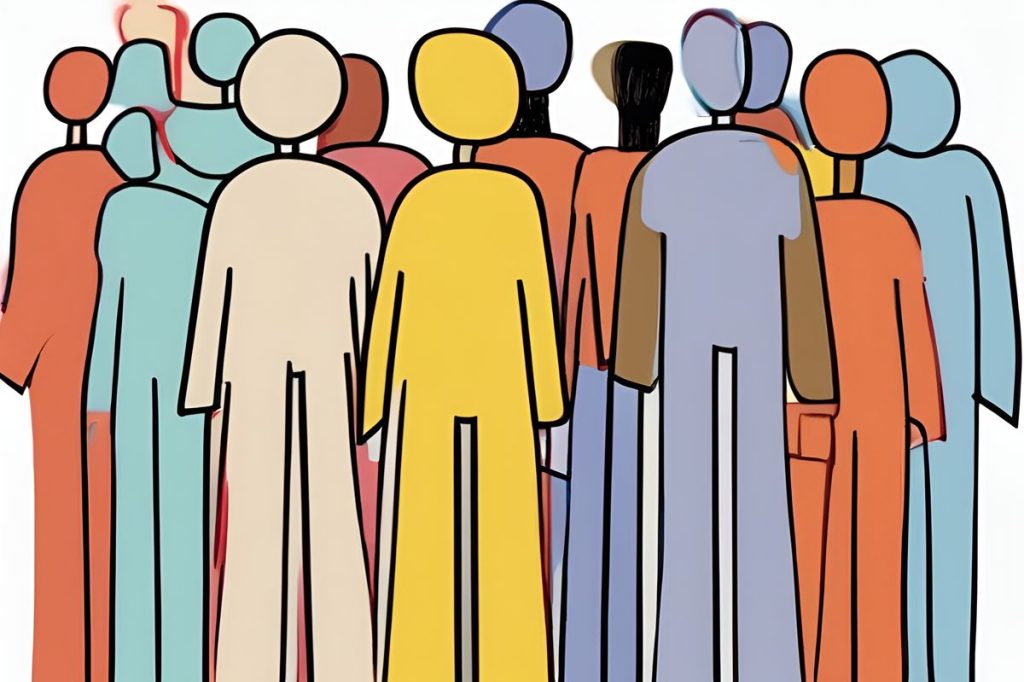In response to lifeguard Hasan Kirmizi’s discriminatory remarks, politicians across the north united in denouncing his actions, citing human rights violations. The incident has spurred calls for systemic changes to combat hate speech, racism, and xenophobia, highlighting a shared commitment to equality, respect, and protecting individual rights.
What unified political response emerged against the lifeguard’s discriminatory remarks?
A unified condemnation from the north’s political spectrum was issued against lifeguard Hasan Kirmizi’s discriminatory remarks, calling them a clear human rights violation. Political leaders emphasized the need for systemic changes to combat hate speech, racism, and xenophobia, reflecting a commitment to equality, respect, and the protection of all individuals’ rights.
Political Response to Discriminatory Remarks
Parties from across the north’s political spectrum have issued a unified condemnation of discriminatory statements made by a lifeguard, Hasan Kirmizi, also known as “Gocco.” Kirmizi’s social media posts, which declared a ban on individuals of Pakistani origin and “blacks” from accessing a Famagusta beach, have sparked outrage. The secretary-general of a ruling coalition party vehemently denounced these comments as “unacceptable” and a clear violation of human rights. This sentiment reflects a broader commitment to combat hate speech and uphold the values of equality and respect for all individuals.
In a push for accountability, there are calls for the Famagusta Municipality to take decisive action against the lifeguard. The municipality is being urged to implement measures that ensure the safety and peaceful enjoyment of beaches for everyone, regardless of their background. This incident has raised questions about the responsibilities of institutions in safeguarding human rights and preventing the spread of racism and xenophobia.
Society’s Reflection on Discrimination
The controversy has prompted a larger societal introspection. A leader of an opposition party labeled the lifeguard’s statements as “inhumane” and highlighted the growing issue of racism and xenophobia in the region. He cautioned against the negative effects of unchecked immigration and the resentment it may foster, warning of a rapid escalation in racial tensions if not properly managed. The idea that there is “no room for a new Elam” underscores the imperative to maintain an inclusive and harmonious community.
Another political figure emphasized the importance of language and its impact on social cohesion, while a different party leader criticized the remarks as a symptom of cultural decay, emphasizing that racism contradicts the core values of the local culture and religion. These strong reactions from various corners of the political landscape signify a collective rejection of discriminatory ideologies and a call to reflect on and improve societal attitudes.
The Path to Tolerance and Unity
The incident has reinvigorated discussions about the role of leadership and community in fostering an environment of tolerance and unity. It is not only a matter of condemning individual acts but also of implementing systemic changes that promote equality and protect the rights of all citizens. Leaders across the political divide are urging for educational programs and policy initiatives that address the root causes of discrimination and xenophobia.
In the wake of this event, there is a clear consensus that racism has no place in a civilized society. The overwhelming response from political entities and civil society alike points to a desire for a future where diversity is embraced and every individual is treated with dignity. The commitment to creating a society free from prejudice is a testament to the enduring power of solidarity in the face of injustice.
What unified political response emerged against the lifeguard’s discriminatory remarks?
A unified condemnation from the north’s political spectrum was issued against lifeguard Hasan Kirmizi’s discriminatory remarks, calling them a clear human rights violation. Political leaders emphasized the need for systemic changes to combat hate speech, racism, and xenophobia, reflecting a commitment to equality, respect, and the protection of all individuals’ rights.
What societal reflections have emerged regarding discrimination in light of this incident?
The controversy surrounding the lifeguard’s discriminatory remarks has prompted a larger societal introspection. Leaders and political figures have highlighted the growing issue of racism and xenophobia in the region, emphasizing the importance of social cohesion and cultural values. This incident has sparked discussions about the responsibilities of institutions in safeguarding human rights and preventing the spread of discrimination.
How are political leaders advocating for tolerance and unity in response to this incident?
Political leaders are advocating for systemic changes that promote equality and protect the rights of all citizens. They are pushing for educational programs and policy initiatives that address the root causes of discrimination and xenophobia. The overwhelming response from political entities and civil society signifies a desire for a future where diversity is embraced and every individual is treated with dignity.
What actions are being called for regarding the Famagusta Municipality in response to the lifeguard’s discriminatory remarks?
There are calls for the Famagusta Municipality to take decisive action against the lifeguard, Hasan Kirmizi. Leaders are urging the municipality to implement measures that ensure the safety and peaceful enjoyment of beaches for everyone, regardless of their background. This incident has raised questions about the responsibilities of institutions in safeguarding human rights and combating racism and xenophobia.

